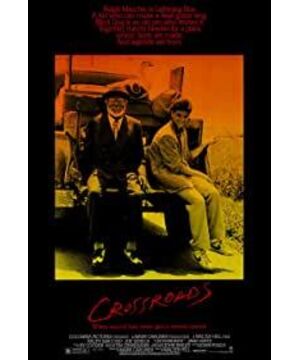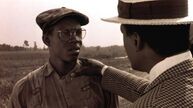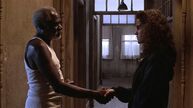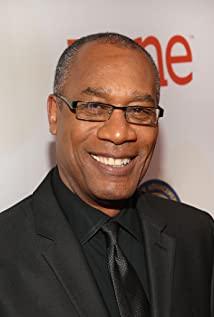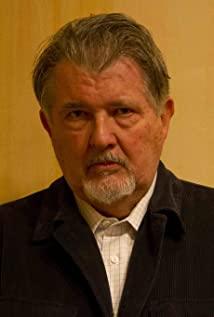The best blues music movie. A movie full of collisions. In the beginning, Robert Johnson and Willie Brown traded with the devil on the cross street, betraying their souls to gain opportunities and talents. The film can be interpreted from the opposite poles, one pole is racism: black music needs to be promoted by whites, blacks are talented in a deal with the devil, while whites rely on the ability to defeat the devil. I prefer the other extreme: racial integration. In the "Green Book", white people pursue the music played by blacks but look down on the people who play it. In this movie, a white teenager who is a guitarist Eugene majoring in classical music is obsessed with blues music. In pursuit of Robert Johnson's 30th lost song, he heads to Folton under the flicker of Robert's old friend Willie. The contradictions between whites and blacks, classics and blues seem to be irreconcilable. Eugene played Mozart's Turkish March on the school quiz, but he unconsciously became a blues style. Classical music is serious and law-abiding. The blues are free and unrestrained. In the eyes of the blues veteran Willie, Eugene's blues with this classic taste is like a sissy. Eugene, who experienced a dewy marriage on the road, knew that the thirtieth song did not exist, but that he needed to create it himself. The love-lost Eugene improvised a melancholy blues, which was the beginning of his transformation. From imitation to creation. What's interesting is that in the small town on the way, they ran out of money and needed to do a show to earn money. At Willy's instigation, Eugene entered the white bar but was kicked out. Helpless to find Willie, who was bragging in the black bar next door, the intrusion of white people made the black people in the bar extremely nervous. Eugene played on stage under Willy's mediation and was well received. This paragraph reminds me of last year's "Green Book". The climax of the whole movie lies in the last fifteen minutes. In order to regain the contract between Willy and the Devil, Eugene and the Devil’s musicians battled in a black bar. What is intriguing is that Eugene’s opponent is also white. This period is mostly only at sea. The pianist’s fight against the piano can be compared with it Up. The two compare skills first, and then they control the audience. This is also an intuitive application of skills. The opponent blows up the audience with jazz. The fledgling Eugene seems at a loss. The opponent's performance is almost perfect, even Willie. Also feel desperate. Eugene finally defeated his opponent with a blues version of Paganini's "Fifth Caprice" with a solid classical music foundation. From the first sissy to the last killer, it is an ice-breaking attempt for music, but it is not for racial issues. The race problem will not disappear, but it has been alleviating. There will be prejudice where there are people, and there is only a difference between people and the devil. And only people can defeat the devil. Lastly, the protagonist Eugene played by the legendary American guitarist Steve Vai.
View more about Crossroads reviews


